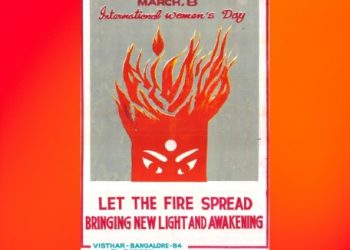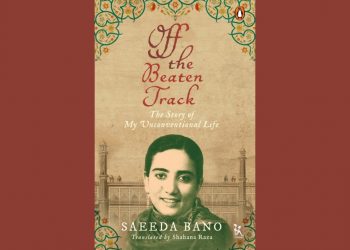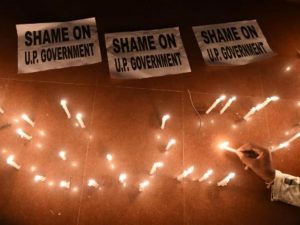Eighty years on when we sit with our grandchildren
Graveyards and Rubble
I have found peace in both graveyards and rubble,
for what is rubble if not a building-grave
and what are graveyards if not the rubble of human existence.
Rubble and graves are both conceived by war,
both signifying an end to something that breathed and lived,
before the war epidemic spread futility like the plague.
War has questioned my understanding,
my sense of the world and humanity,
my ideas of peace, love and hope,
my belief in miracles or prayers,
the extent of my existence
and of the universe in which I exist.
War has questioned everything
I ever believed or loved.
They tell you it is always for the greater good, and
it won’t last forever.
They tell you in war everyone is together,
the Muslims,
the Christians,
the Dalits,
and the Hindus,
and that everyone suffers
the same loss of belonging.
They tell you there is unity in futility.
But what, really, do ‘always’ and ‘forever’ mean?
How long do they last, ‘always’ and ‘forever’?
How true is their promise, ‘always’ and ‘forever’, when even the promiser doesn’t know their extent?
Beginnings and ends are simultaneous, for war, life, love, poetry are cyclic.
To hope for beginnings never to end, and ends never to begin, is hopelessness.
And this, perhaps, is why wars are fought, why futility is widespread, and why the world is coming to an end.
Graveyards and rubble both impress the faintest hope upon my soul, that if war can end life, surely peace can end war.
Only a question remains— When?
Sobia Abdin is a feminist, a poet, a storyteller, a Muslim woman of colour trying to make sense of her life and identity, and of the ongoing devastation in the world around her. Her poetry is her way of mourning for humanity, for the bodies being burnt by hatred—black or white, male or female, covered or uncovered.
These poems are part of ICF's unfolding Citizens against War series of literature and art, initiated in the spirit of listening: to our poets, artists, fellow citizens against war and warmongering, and the hatred contrived by our "leaders" day after day.
Images: Wang Hui, 'Peach Blossom, Fishing Boat' / China Online Museum ; Wang Hui and assistants, 'The Kangxi Emperor's Southern Inspection Tour, Scroll Three: Ji'nan to Mount Tai' / Metropolitan Museum






